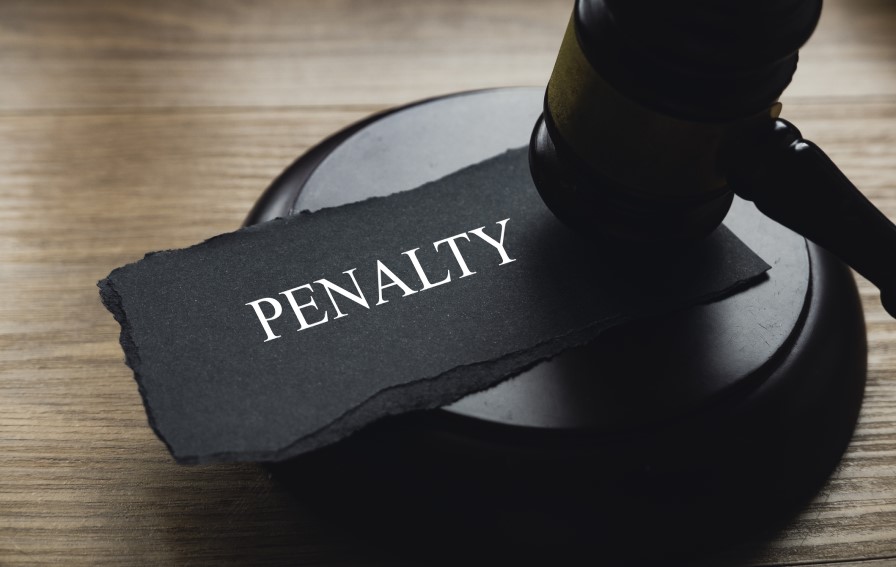Company directors and former company directors may be subject to director penalties if they do not lodge and pay certain obligations on time.
What is a director penalty?
A company director becomes personally liable for the company’s unpaid amounts of:
- Pay as you go withholding (PAYGW);
- Goods and services tax (GST);
- Super guarantee charge (SGC).
These amounts that a director is personally liable for are called director penalties.
The ATO can recover the penalty amounts from a director once it has issued a director penalty notice (DPN) to the director. Alternatively, the ATO can pursue the company. If the company has more than one director, the amounts owed are likely to be the same for all directors.
Before becoming a director
Before you become a company director, you should check if the company has any unpaid or unreported PAYGW, GST and SGC liabilities. Once you are appointed as a company director, you become personally liable for any unpaid amounts.
A new director can avoid becoming liable for director penalties that were due before their appointment if, within 30 days of your appointment, they ensure the company does one of the following:
- Pays its debts in full for PAYGW, net GST from 1 April 2020 (including luxury car tax (LCT) and wine equalisation tax (WET) amounts) and SGC from 1 April 2012;
- Appoints an administrator;
- Appoints a small business restructuring practitioner;
- Begins to be wound up.
Even if you resign as a company director within the 30-day period, you will still be liable for the company’s unpaid PAYG withholding, net GST or SGC liabilities that were due before your appointment.
Director’s responsibilities
Once you become a director, you are responsible for ensuring the company meets its PAYGW, net GST and SGC obligations in full by the due date.
If these obligations are not met, you become personally liable for director penalties unless you take steps to ensure the company lodges and pays its:
- PAYGW by the due date;
- Net GST (as well as LCT and WET amounts) by the due date;
- Superannuation guarantee (SG) to employees’ superannuation funds by the due date – if that doesn’t occur, the company must lodge a superannuation guarantee statement and pay the resulting SGC liability.
Estimates
If the company fails to report PAYGW, net GST or SG obligations by the due date, the ATO may make a reasonable estimate of the unpaid and overdue amounts. The director penalty provisions also apply to estimated liabilities.
Defences
Various defences are available to a director served with a DPN, such as:
- The director did not take part in the management of the company during the relevant period because of illness or another acceptable reason;
- The director took all reasonable steps to ensure that the company paid the amount outstanding, an administrator was appointed to the company, a small business restructuring practitioner was appointed to the company or the company is begun to be wound up.
If you’re unsure about your personal or business situation and would like some support and guidance, please reach out.
Email reception@garnetaccounting.com.au or click to book an appointment below.

We all know it’s coming…It happens every year, yet it’s one of those things that can easily be forgotten.
Here’s a friendly reminder to book your appointment NOW so when July comes you’re ready.
You’ll feel amazing once it’s ticked off the list and your return is in your hot little hands.
Bookings can be made through our website or call the office any time to get a time that suits you. http://garnetbusinessservices.setmore.com/

